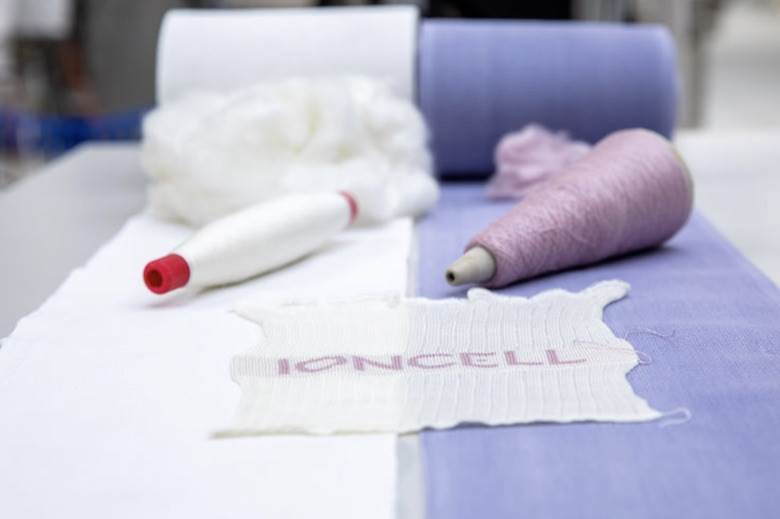‘Surprisingly’ superior strength Ioncell unravelled

Aalto University of Espoo, Finland, has achieved a new milestone with its Ioncell method, which enables production of “high-quality” Ioncell textile fibre from wood or recycled materials such as recycled paper, cardboard or textile waste.
The university’s large-scale Finix project, in collaboration with Lindström, a company known for making reusable cloth wash towels, made realising the innovation possible.
“Surprised” researchers found that after drenching Lindström’s cotton towel sheets in an acid bath (which split up the cotton polymer chains), then dissolving the material in an ionic liquid and subsequently spinning the fibres, the fibres’ resulting tensile strength following testing had increased beyond any previously achieved by the method.
Testing discovered that the tensile strength was not only “better” than that of fibres made from wood cellulose, but “up to 2.5 times higher” than that of virgin cotton. According to Ioncell researcher Marja Rissanen, the increased strength is made possible by dry jet wet spinning.
Another Finix project study, which took place at Helsinki’s Metropolia University of Applied Sciences, experienced similarly startling results with hemp.
Student Susanna Raiskio found that the hemp fibre’s properties “only improved” during the recycling process. The resulting Ioncell hemp knit was noticeably “more shiny, softer and more durable” - not to mention, “more than three times stronger” than yarn made from virgin hemp.
After further interrogation of both the original knitted hemp fabric and the knitted fabric made from recycled Ioncell fibres using the Martindale abrasion test (typically employed to test the durability of outdoor clothing and upholstery fabrics), Ms Rissanen found that the Ioncell fabric’s abrasion resistance was “twice” that of the original hemp fabric.
2021 will see the Ioncell fibre pilot manufacturing line ready for use, which will increase daily fibre production capacity 100-fold, from 100g to 10kg. This will allow for the testing of Ioncell’s durability within industrial process, in addition to everyday use.
Image: Mikko Raskinen/Aalto University.











